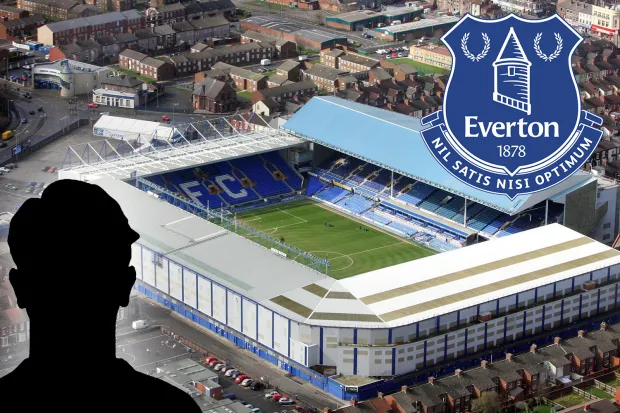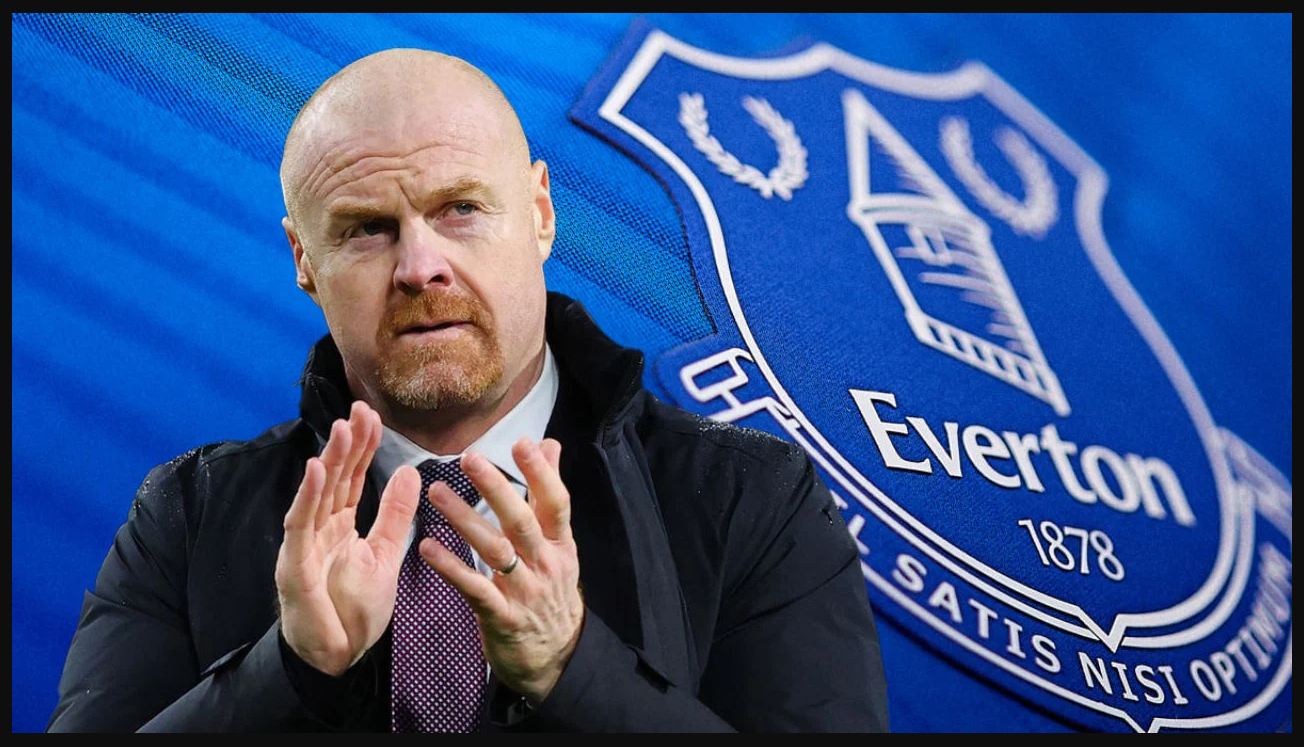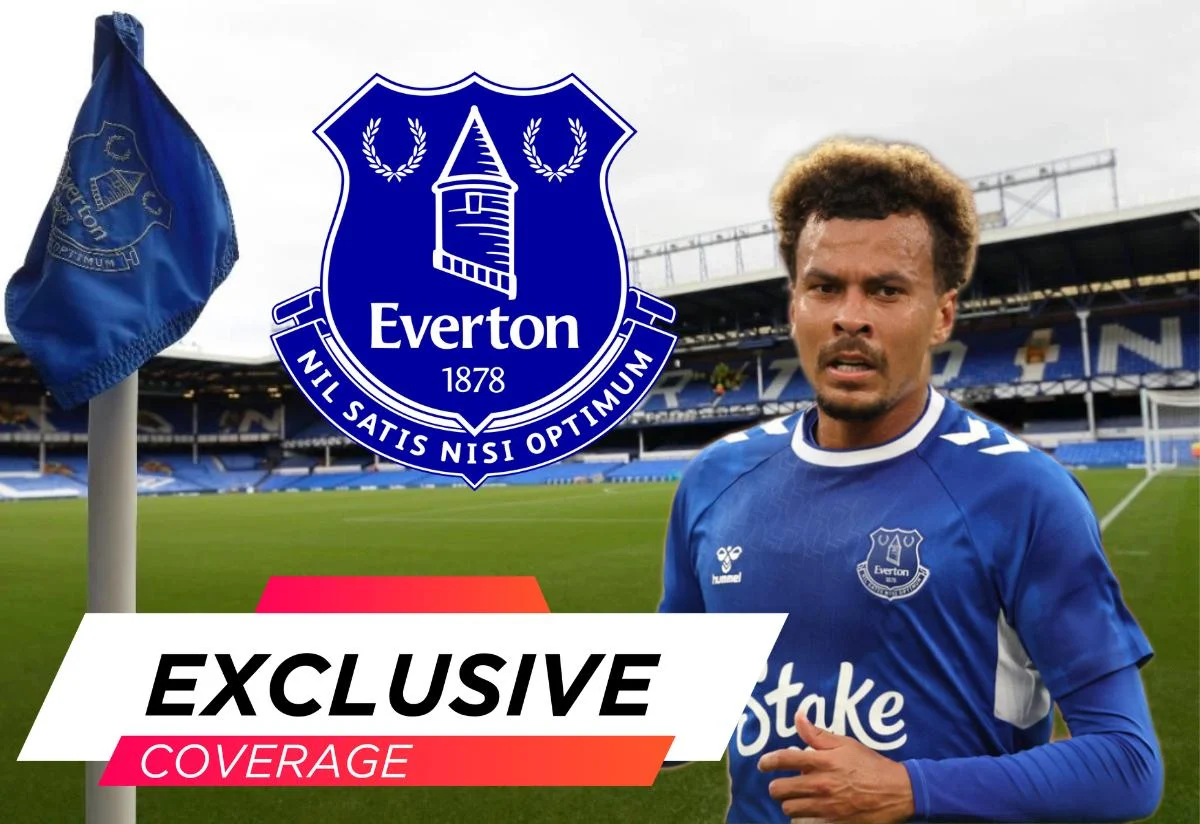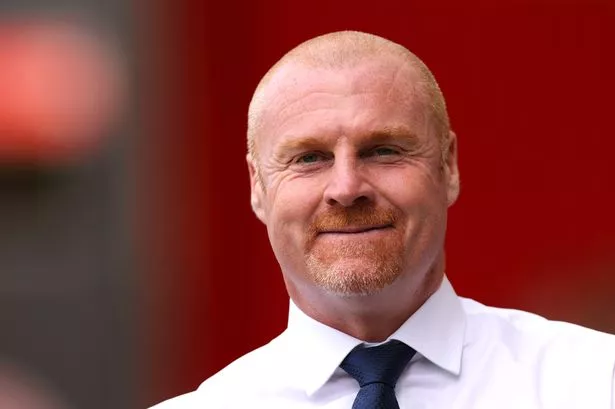Explained: The case dropped against the footballer arrested on suspicion of child sex offences
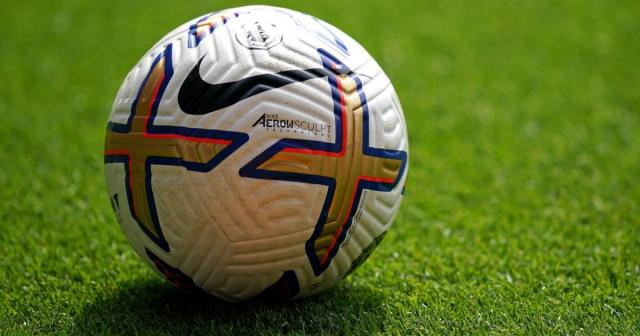
In the end, the news arrived just as it had done some 21 months ago — out of nowhere.
The professional footballer who was arrested on suspicion of multiple child sex offences has had the case against him dropped.
The player was suspended by his club shortly after his arrest in July 2021 and has been on bail since that point. But he will face no further action after the authorities concluded that evidence at this time “does not reach the threshold set out on the Code for Crown Prosecutors”.
Here, The Athletic looks at the case, the circumstances around it that can be reported and what could happen next.
What happened in this case?
From start to finish, it has been 637 days since the police knocked on his door. The date was July 16, 2021, and the detectives were investigating allegations of unlawful sexual activity involving a girl under 16.
They were, in other words, the kind of allegations that would almost certainly have resulted in a prison sentence if it had gone to trial and led to a guilty verdict. His club quickly decided the seriousness of the allegations meant he could not play for them while the case was active. He was suspended, on full pay, and temporarily moved to what was described as a safe house while he waited to hear whether the allegations, which he denied, would result in charges.
His laptop was taken from him. There were even suggestions the skylights at his new house were taped over to eliminate any risk of drones filming from above.
He was bailed on at least seven occasions as the long, drawn-out investigation was repeatedly put back to new dates. And, finally, he learned that the Crown Prosecution Service does not believe there is enough evidence for the case to go to trial.
Why can’t we name him and why do the media have to be careful with the language they use on these topics?
In short, because the law says so.
That can be confusing, not least because it is different in other countries, but the only way he can be identified among UK media is if he decides to go public. Otherwise, there are rules that mean his name cannot be reported, along with any details — his nationality, family circumstances and so on — that could identify him as the alleged offender. Normally, that would also apply to his club, but in July 2021, Everton issued a statement stating that one of their players had been suspended “pending a police investigation.”
Is that workable in today’s world? It is not easy, plainly, when social media tends to operate by its own rules. And let’s be real: the dynamics of football mean that almost everybody inside the industry knows who it is.
But that doesn’t change the fact there are rules in place — and any media outlet that disregards them faces the possibility of legal action.
The reasoning is that, in the UK, anyone who is arrested is seen as having a right to privacy until the point at which they are charged with a criminal offence. If they are not charged, as has happened in this case, the relevant person is still entitled to anonymity.
What about the alleged victim? Why aren’t the media discussing her in all this?
This is a good question. Too often in these cases, there is a danger, amid all the focus on the player, that not enough thought is given to the alleged victim and how she must be feeling.
One thing we should also clarify here is that the Crown Prosecution Service deciding there is not enough evidence to secure a conviction does not automatically mean the law authorities disbelieved her account. After nearly two years, it is clear the police wanted to pursue this case. There just has to be enough evidence, ultimately, to persuade a jury to deliver a guilty verdict and that was not the case with these proceedings.
The girl in question is, however, entitled to anonymity, which means nothing should be reported that could offer any clues about who she is and the circumstances in which the alleged offences happened. This is in order to protect her. The only way that would change is if she decides to go public – which she, like the footballer at the heart of the story, is free to do. She is now over the age of 16.
Why did his club choose to suspend him?
The statement was brief and to the point.
“Everton have suspended an unnamed first-team player pending a police investigation,” the club said in July 2021. No further details about the police case were provided. “The club will continue to support the authorities with their inquiries and will not be making any further statement at this time.”
At the time, the club were in pre-season training, preparing to depart for the United States. Privately, everyone at the club was stunned by the arrest and some unexpectedly difficult decisions had to be made. The key driver in the decision to suspend the player was the seriousness of the allegations. There was a recognition that it would have been impossible for him to play or be retained while under investigation for a matter of that gravity.
The statement made clear that the suspension was pending the investigation, the duration of which was clearly not in Everton’s hands. They also had to consider the player’s welfare in their decision — having him around the club after being arrested on suspicion of sexual offences against a minor would have been too much both for him and the club to carry. Not taking that decision could have also made the player’s interaction with the public difficult from a safeguarding perspective.
He was suspended on full pay — a financial hit the club had to shoulder. He no longer plays for the club.
On the pitch, which, considering the gravity of the situation mattered a lot less, it also threw a significant spanner into their pre-season and left many of the player’s team-mates profoundly shocked.
What has he been doing since his arrest?
The player moved from the north west to the south east in the months after his arrest; seeking whatever extra anonymity the suburbs of the capital could offer, even for a Premier League footballer.
He was believed to have been reeling as he attempted to deal with the situation and wanted to keep a low profile away from the glare of publicity.
He grew a beard, although as time went on he used public transport to travel around London and tried to keep fit with regular gym sessions. The golf course was another escape.
This year he was keen to leave the country, something his family publicly supported, but he was unable to depart the United Kingdom because of his arrest.
What happened this week?
The police are never going to give away too many details, so we may never know why it has taken the best part of two years for their investigation, ultimately, to reach a cul-de-sac. But this is a difficult outcome for Greater Manchester Police, particularly when it comes so soon after the long, complex investigation into Manchester United’s Mason Greenwood, who was charged with attempted rape, was also dropped.
According to the police statement, the case into the unidentified footballer had not led to him being charged because the evidence did “not reach the threshold set out on the Code for Crown Prosecutors”.
A statement added: “Greater Manchester Police is committed to investigating allegations to secure the best possible outcomes for all involved and will continue to work with partner agencies to ensure individuals are supported throughout investigations and beyond.”
Isn’t this one of a number of recent cases involving footballers?
Remarkably, six out of the 20 Premier League clubs this season have found themselves in the position of having players who are at different stages of criminal investigations for allegedly committing serious sexual offences.
It is difficult, indeed, to think of another time when so many high-profile cases have been going on at the same time.
Benjamin Mendy has been cleared of six counts of rape but faces a retrial in June over two more alleged offences, one of rape and another of attempted rape. Mendy, a France international, continued playing for Manchester City until he was charged in August 2021, at which point he was suspended.
The case against Greenwood has been dropped, meanwhile, and so has the police investigation into an alleged sexual assault case that was hanging over Yves Bissouma while he was a Brighton player and, briefly, after his transfer to Tottenham Hotspur last summer.
Then there is the case of a player who is still turning out every week in England’s top division despite allegations of being an alleged rapist. That player, again, cannot be named. The police are still trying to put together a case for him to be prosecuted and, in the meantime, his club have decided against suspending him.
What happens next?
There is nothing stopping the player from resuming his career. If he wishes to, anyway. Some close to him have privately wondered if his heart is still in the game and whether he would want to start again after such a protracted period away.
He may also choose to speak about his arrest and try to set the record straight.
It is believed close family members are considering a statement now the charges against him have been dropped.
What will Everton make of this?
Everton were making no comment on Friday and it is unlikely they will. The player is no longer an employee of the club.
It might seem insensitive to discuss the sporting side of this story considering the subject matter, but there is a knock-on effect which is out of their control.
Everton were left significantly out of pocket by the situation. In terms of wages, they paid out a significant amount to a player who was unable to train or play during a season when the club dearly needed him.
Rafa Benitez, the manager in charge when he was suspended, was sacked in January 2022 after just one league win since September and the club only six points above the drop zone. Although Frank Lampard steered them to safety, they finished 16th and only guaranteed their Premier League place by winning their penultimate fixture.
Then there was his contract. His future at the club had been discussed prior to his arrest. Had they been able to offer him fresh terms, they could have retained him as a valuable asset on their books — something which would have bolstered their position in terms of complying with financial fair play (FFP) regulations.
As it was, there could be no new contract and the asset depreciated in value, hardly helping their loss-making accounts. Last month, the Premier League referred Everton to an independent commission for an alleged FFP breach.
Do footballers find a way back into the sport after issues like this?
It is never straightforward, for obvious reasons. Greenwood, for example, is technically an innocent man but the stigma of his case makes it a hugely sensitive and divisive issue and, plainly, there are vast numbers of Manchester United fans who want the club to cut him free.
“I don’t think he should play again for Manchester United,” Natalie Burrell, the founder of the Manchester United Women’s Supporters’ Club, told The Athletic in February.
“They need to make a statement and letting him back would be the worst thing they could do. It would set our club back in terms of what we’re trying to do with our women’s team and campaigns like Her Game Too, which are trying to encourage women to play and watch football. I don’t want to see him training. I don’t want to see him in a (United) kit. I don’t want to see him ever coming out at Old Trafford again.”
That case was particularly shocking because of the audio that went viral on the internet of an alleged attack while it was happening. Greenwood denied the alleged offences and is now the subject of an internal investigation that will determine whether or not he is free to resume his career at Old Trafford.
Other footballers who have been accused, or even convicted, of sexual offences have returned to the sport. Again, though, it has always been controversial, to say the least.
Many fans at Sheffield United did not want Ched Evans back before he won his appeal over a conviction for rape.
Then consider the David Goodwillie case in Scotland and the protests of Raith Rovers fans when they signed him from Clyde – where, conversely, there was much more leeway in terms of fan opinion. Goodwillie played one match for Radcliffe Borough in the seventh tier of the English game in February, scoring a hat-trick. He was released “following a backlash from fans and the local community”.
The difference in those cases was that a judge had initially ruled they had both committed rape. In the case of the unnamed player, he has never been charged, and on that basis, it feels unlikely he would face the same sort of backlash, especially while his identity is not being reported on television or in the news.
